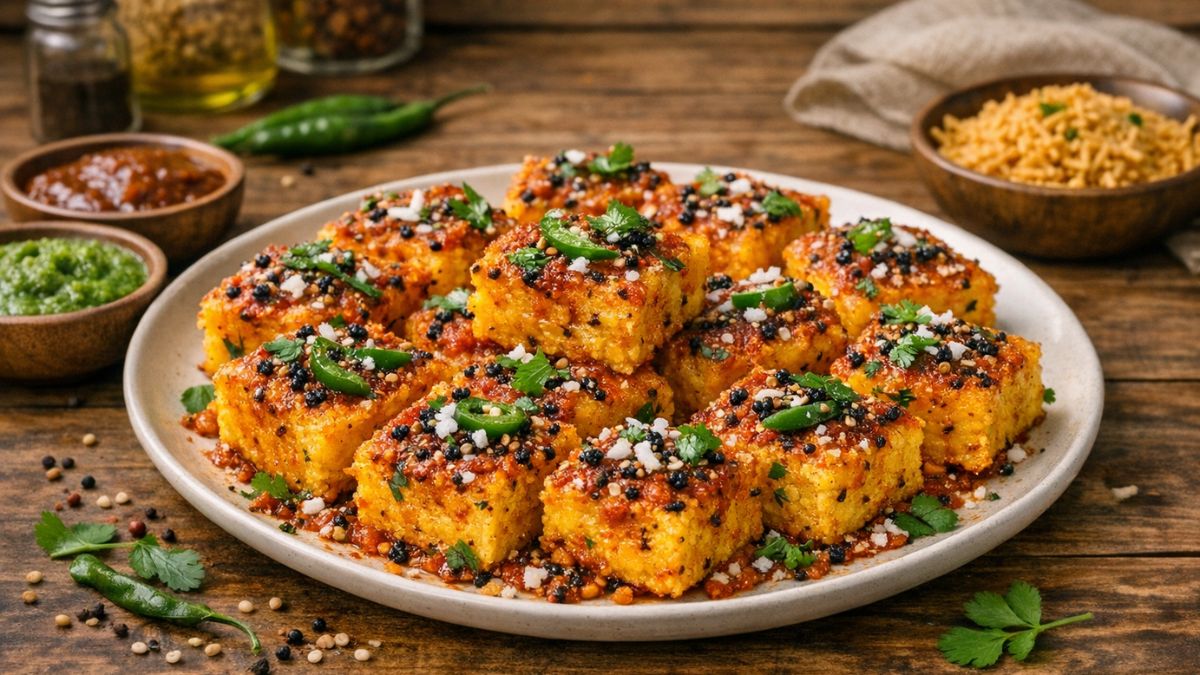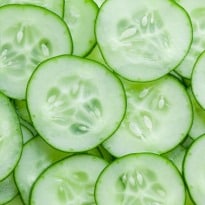A team of researchers from University of California and Chinese Academy of Agricultural Sciences have found a certain compound present in fruits and veggies like pumpkin, watermelon and cucumber that may help treat cancer and diabetes. The study was published in the Journal Science. Using high-tech genomics, researchers have identified the genes responsible for the intense bitter taste of wild cucumbers. The team is of the opinion that the same compounds may also help treat cancer and diabetes. The experts specifically looked at wild cucurbits that includes cucumber, pumpkin, melon, watermelon and squash. Wild cucurbits have been used by the Indians and the Chinese for medicinal purposes. They have been used for over thousands years to treat liver related diseases. Experts attempted at studying the fruit and leaves of wild cucurbits to find out more about a compound called cucurbitacins that renders bitterness to pumpkin, cucumber and other foods of the same family. Cucurbitacins were further studied to establish that the compound is capable of killing or suppressing growth of cancer cells. Scientists explained that the presence of this bitterness as an element helps protect wild plants against their predators. William Lucas from the University of California, Davis, Sanwen Huang at the Chinese Academy of Agricultural Sciences and their team employed the latest in DNA sequencing technology to identify the exact changes in DNA associated with bitterness.
Essentially, bitterness is known to be controlled by two genetic traits, Bi which confers bitterness on the whole plant and Bt, which leads to a bitter fruit. The team was able to identify nine genes that were involved in making cucurbitacin. It was found that the two bitterness traits - Bi and BT - could be traced to two transcription factors that switch on these nine genes to produce cucurbitacin. The research also sheds light on how domestication tweaked cucumber genetics to make the fruit more edible and less bitter. Understanding this process might help in developing other food crops that are naturally either inedible or poor in nutrition. It will help scientists produce cucurbitacins in larger quantities to be used in clinical trials and potentially in medicine. Inputs from PTI











